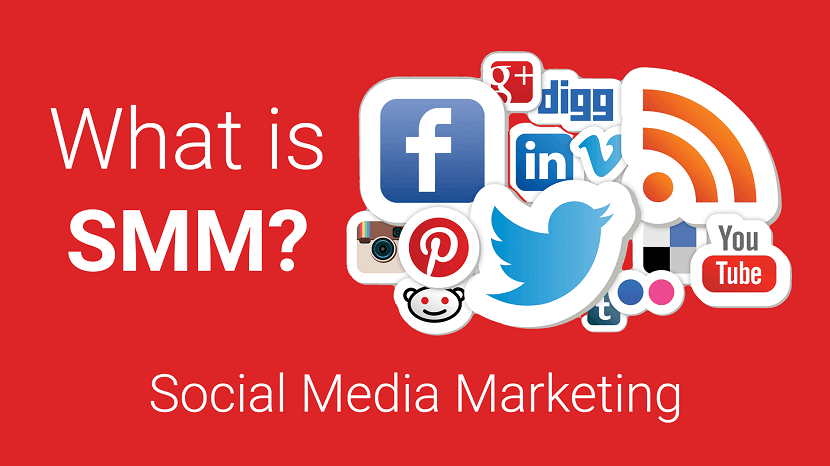
When you use social media marketing, whether on Facebook, Twitter, Instagram, LinkedIn, or another platform, you’re engaging and interacting with your audience on multiple levels, building their brand awareness and interest to drive leads and sales.
You can create devoted fans of your business through your social media strategy.
What is social media marketing?
Social media marketing is a digital marketing strategy that uses social media to promote your business online.
When you market your business with social media, you use different social media networks, like Facebook or Instagram, to connect, engage, and communicate with your target audience, as well as promote your products or services to drive brand awareness, website traffic, and sales.
It sounds easy enough, but there is more to SMM than meets the eye.
This guide serves as your partner for getting started with social media and learning the basics of social media. Use it to learn how to bring social media and marketing together. Plus, get inspiration from real-life social media marketing campaigns.
Social Media Marketing Guide Definitions
Here are some common terms you need to know when developing your social media marketing strategy.
- Content : Content is whatever you post on social media. It can be a Facebook status update, a video on Instagram, a Tweet, and so on. Content comes in many different forms, and you need to tailor it to each platform. What’s even more important than content, though, is context.
- Context : Gary Vaynerchuk said, “Content is king, but context is God.” For instance, you might have a great joke, but if you place it somewhere inside a 3,000-word blog post, very few people are likely to see it. On Twitter, however, that same joke as a tweet might crush it. Plus, anyone can get in on the fun. When looking at the most retweeted, funniest Tweets ever, we can see even the CIA sees the value in using social media to create some positive buzz.The opposite is also true. Packaging your entire blog post into one tweet is hardly possible, so try a good call to action with some relevant hashtags instead. And that brings us to hashtags.
- Hashtags : By now, you probably know that hashtags are a very common tool that people use to add meta information on almost all social media channels. Twitter, Facebook, Instagram, and Pinterest all use hashtags to let you describe the topic of your content or mark it as part of current trends.They make your content easy for users to discover and therefore more likely that they’ll share it.
- Shares : Shares are the currency of the social media world. When people engage and interact with your content, that’s good. But when they share it, that is the time to celebrate. A great social media tool to measure shares and the overall impact of content is BuzzSumo. The more shares, the more people love your content. Shares are the best form of engagement that people can have.
- Engagement : This is a general term referring to how people interact with the content that you produce. It can be a like, a reaction, a comment, or a share. All of these are good, but the shares are where it’s at. Now that we’ve covered some social media definitions, let’s take a look at the core pillars of social media.
Core Pillars of Social Media Marketing
There’s no doubt about it: these days, your business needs to be on social media, and you should concentrate at least some of your marketing efforts (and budget) on your social media strategy.
With 4.48 billion people owning social media accounts, there’s a whole world of potential customers that any business can access, simply by logging in and creating brilliant content.
Brands like BooHoo, Depop, and Chipotle excel at social media, and there’s one simple reason: they integrate the core pillars of social media marketing.
There are five main pillars. Let’s talk through them one by one.
1. Strategy
A sound social media marketing strategy is the backbone of your social media presence. Without a strategy, you’re wasting time, unlikely to achieve your goals, and will most likely struggle to reach your target audience.
In case you’re not sure, a content strategy consists of getting the “Right content, to the right people, at the right time.”
In its most basic terms, a content strategy helps you achieve your business goals by enabling you to:
- Create Valuable Content
- Drive Engagement
- Increase Conversions
A good social media marketing strategy has clear goals, specific plans to reach those goals, and must be measurable.
Finally, you need to set benchmarks to see how things are going and whether you need to change your approach.
2. Planning and Publish
Social media is a powerful tool, but you can’t just go out there and start publishing content without a plan behind it.
When you’re planning content make sure that you:
- Know your audience: You need to know the demographic of your audience in order to connect with them.
- Focus on quality: The quality of content is just as important as the quantity.
- Consider your brand: Keeping in line with your brand values is crucial.
When it comes to publishing, there is one golden rule: consistency. A regular publishing schedule keeps people coming back for more.
3. Listening and Engagement
Plan your content and above all, actually engage with your audience.
Your feedback might not always be positive; but, if you don’t make changes, neither will the tone of your responses.
Listening and engagement are all part of a successful digital transformation, especially if you’re going to enhance the overall customer experience.
It’s also worth mentioning that social listening isn’t just about customer experience. It can allow you to:
- Pick up on New Trends
- Identify New Streams of Income
- Gain Industry Insights
- Find Influencers in Your Niche
Need some assistance to get started with social listening? Hootsuite has a free introductory tool for measuring key terms and hashtags.
4. Analytics
The success of any social media marketing campaign depends on analytics for tracking and collecting data. Without this information, you can’t:
- Understand user behavior
- Refine your strategy
- Find which platform works best for your brand
- Discover the best times to post
- Analyze your competitors
Once you have all this, you’ll know with certainty what works and what doesn’t. That way you can spend more time on what does, and waste less. In turn, analytics will inform the decisions that you make for future campaigns—and highly influence the success rate.
Similarly, A/B testing is great for determining what content, design, CTA, etc. work best.
If you’ve been noticing certain types of content receiving double the engagement than other posts, play on that.
For example, if you’re a small business, your followers are most likely going to be family and friends who will love the personal insight and celebratory posts because they care about you and your successes.
Producing high-quality content that your audience isn’t interested in will mean that engagement levels tank. You need to work on making sure your posts appear in people’s feeds before you start feeding through those insightful industry blogs.
5. Advertising
For anyone looking for an audience, social media advertising is worth exploring. With approximately 2.89 billion active monthly users on Facebook alone, that’s an incredible amount of prospects.
The three main types of social media advertising are:
- Organic: Content that picks up views naturally and you don’t pay for.
- Paid: Content that an organization sponsors and therefore costs money to post.
- Earned: Content that has been given freely in the form of shares, likes, and comments.
In today's digital age, the demand for captivating online content is at an all-time high, particularly for social media platforms. To meet this demand and create engaging posts and videos, content creators often rely on the expertise of an online video editor. As a powerful tool, an online video editor enables creators to transform their raw footage into visually appealing content that stands out in the crowded social media landscape. With features like trimming, merging, adding transitions, and applying special effects, an online video editor empowers creators to craft professional-looking videos that capture attention and drive engagement.
There are several ways you can advertise on social media. For example, you can:
- Create content: This includes posts and videos.
- Promote content: Create posts that are promoted/sponsored.
- Engage with people: Get active in groups related to your industry, interact with influencers in your industry, etc.
- Grow a following: Get people in your industry to follow your brand by creating and sharing content that appeals to them.
- Get downloads: Offer PDFs, white papers, PowerPoints, videos, podcasts, etc. on your social channels and profiles.
Additionally, if you aim to enhance your brand recognition, build loyalty, and increase conversion rates, advertising could be the way to go.
Aside from these main pillars, you should also:
- Ensure you focus your content on a specific niche or demographic.
- Build quality connections with influencers, brands, and customers you can build relationships with.
- Add value with your content and comments
Finally, ensure you’re accessible on social media so your customers know they can reach out to you. Don’t just wait for feedback. Invite it!
Different Types of Social Media Marketing
Aside from the likes of Facebook, Twitter, and Instagram, social media marketing takes many different forms, such as:
- Content Marketing / Content Creating
- Advertising / Sponsorship
- Influencer Marketing
- Social Media Management / Community Management
- Paid Media
- Building Your Following
- Contributing to Forums
- Reviews
If you’re serious about growing your brand, don’t just focus on the large sites with a vast audience. Although they’re an obvious place to start, look for different, more creative ways to engage your prospects and develop leads.
Also, while you’re exploring some of these other methods, find which content works best for each channel to optimize your results.
FAQs of Social Media Marketing
1. What is meant by social media marketing?
Social media marketing (SMM) is a form of internet marketing that uses social media apps as a marketing tool. These social media platforms enable brands to connect with their audience to build a brand, increase sales, and drive traffic to a website.
2. What is an example of social media marketing?
Social Media Marketing (SMM) is marketing that targets social platforms like Facebook, Instagram, TikTok for brand promotion, target audience growth, driving website traffic, and increasing sales.
3. What is the role of a social media marketer?
Social media marketers are marketing specialists who use social media platforms to promote a company's offerings. They often use platforms like Facebook, Instagram, Twitter, and TikTok to reach new customers, engage with current ones, and announce new products or services.
Conclusion
It's clear that social media marketing has its advantages, so if your business doesn't already have the appropriate profiles, create them! Fill out your business' information and post some engaging content to begin gaining followers. As mentioned, ask people relevant to your business to "like" and "share" your page to help build your profile. With consistent updating, the right social media marketing strategy will lead to increased traffic, better SEO, higher conversion rates, improved brand loyalty, and much more. There are virtually no reasons not to implement social media into your marketing strategy. Since it is so cost-effective, there is hardly anything to lose. Your competition is most likely already on social media, so don't let them take your potential customers. The sooner you start, the sooner you'll see growth in your business.
If you found this article helpful, we encourage you to share it on your social media platforms—because sharing is caring! For more information about article submissions on our website, feel free to reach out to us via email.
Send an emailWritten by RGB Web Tech
Latest Technology Trends
Latest technology trends shaping the future, including AI advancements, blockchain innovation, 5G connectivity, IoT integration, and sustainable tech solutions. Explore breakthroughs in quantum computing, cybersecurity, augmented reality, and edge computing. Stay ahead with insights into transformative technologies driving innovation across industries and revolutionizing how we live, work, and connect.
Related Articles - Digital Marketing
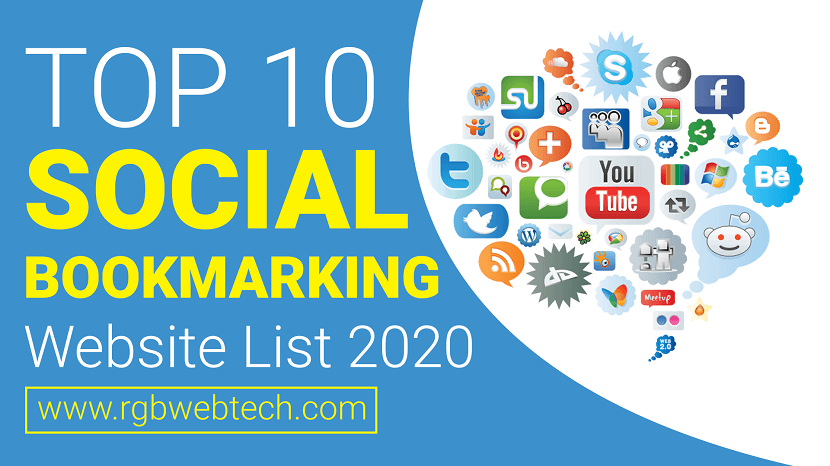
Social Bookmarking Sites List
Social Bookmarking is one of the Off-Page SEO techniques. On Social Bookmarking websites, you can share your site or blog content like images, articles ...

Linkedin Groups for Job Seekers
LinkedIn lets users join relevant groups, expand personal brands, and connect with more professionals to boost networking and visibility.

Facebook Groups for Job Seekers
Facebook lets users join relevant groups, expand their brand, and reach more people, enhancing networking and engagement opportunities.

Facebook Pages for Job Seekers
A Facebook fan page is used to advertise business, brand, product, or services. When a user visits the Facebook page, she/he can become a fan ...
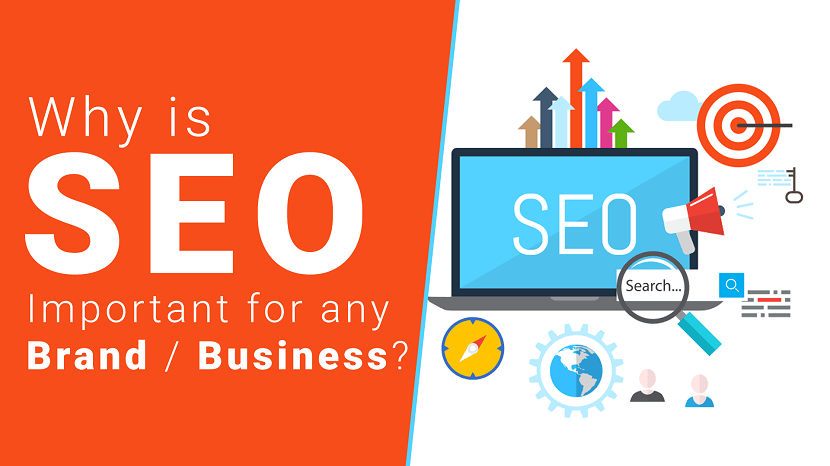
Why is SEO important for any Brand or Business
To survive in today’s competitive market, SEO is very imperative for any brand or business. The search engine serves millions of users per day
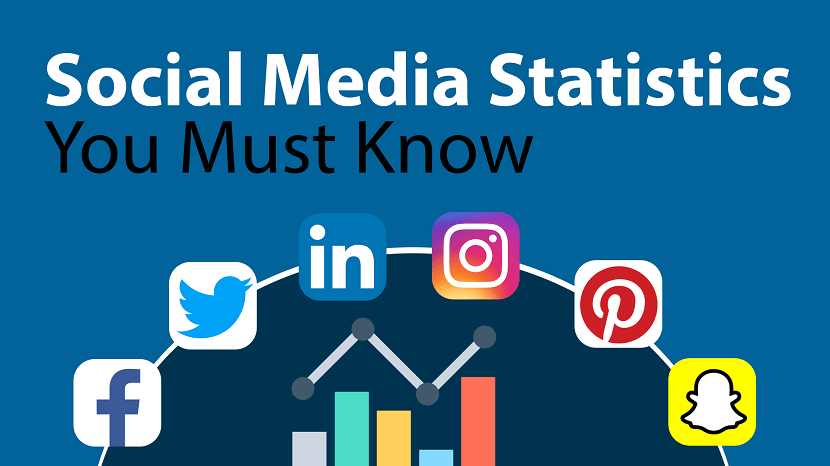
Social Media Statistics
Social media boasts of 4.55 billion users now–about 57.6% of the total world population. Its ability to connect the world never ceases to amaze.
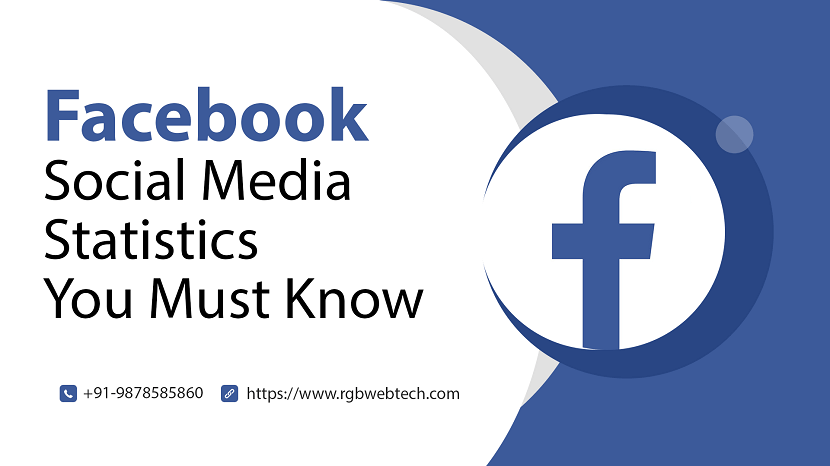
Facebook Social Media Statistics
Facebook is the OG social media platform and the largest one by nearly every metric. Love it or hate it, the social giant — and soon-to-be harbinger ...
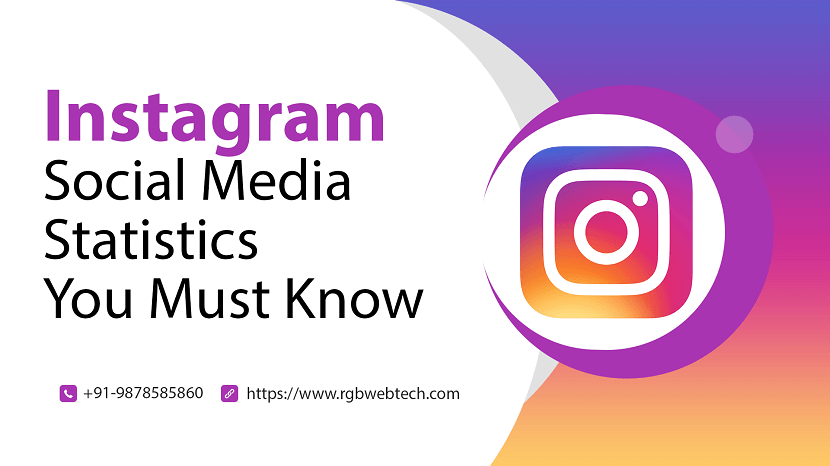
Instagram Social Media Statistics
As of January 2022, roughly 31 percent of global Instagram audiences were aged between 25 and 34 years. Over two thirds of total Instagram audiences ...
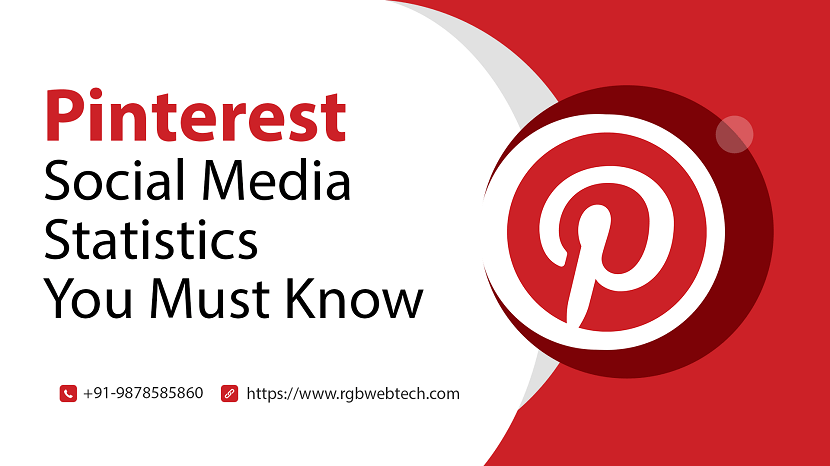
Pinterest Social Media Statistics
As of January 2022, Pinterest ranks 14th globally with active users, surpassing Twitter and Reddit in popularity. Discover its potential for your brand.
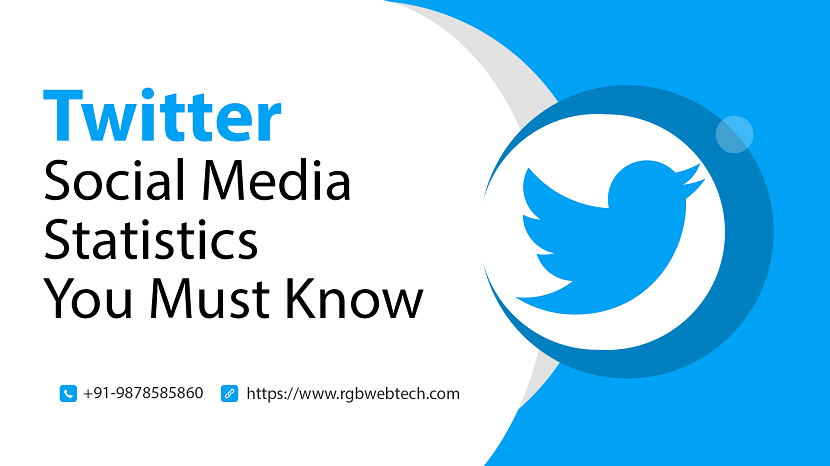
Twitter Social Media Statistics
Twitter is an online social networking service that enables users to send short 280-character messages called tweets. According to recent social media ...
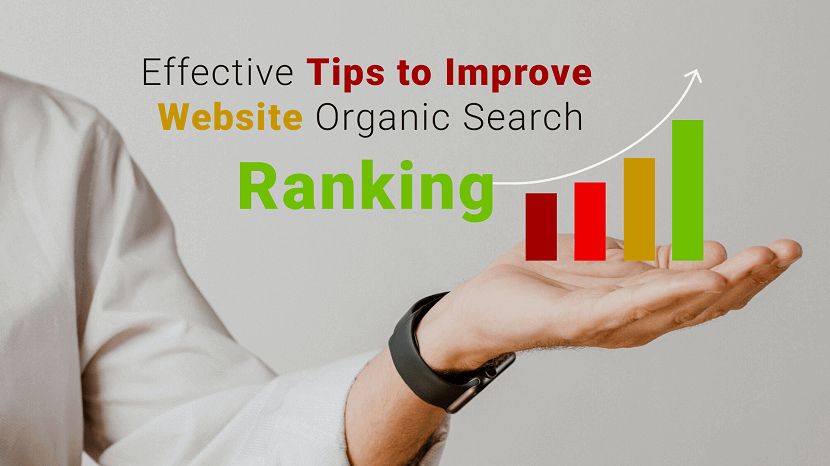
Improve Website Organic Search Ranking
Correct SEO allows Google to direct traffic to your business. Your site's Ranking determines the organic traffic you receive on Google's Search Engine ...

LinkedIn Social Media Statistics
The platform currently has over 660 million registered users, with 303 million of them being active on a monthly basis. 90 million of these users ...
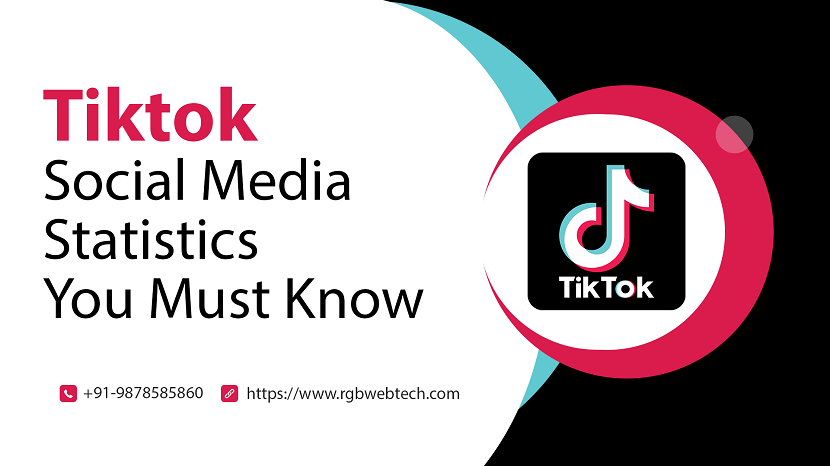
Tiktok Social Media Statistics
TikTok, with over 1 billion users in 150+ countries, is a powerful platform for brands. Discover how it can boost your brand visibility and growth.
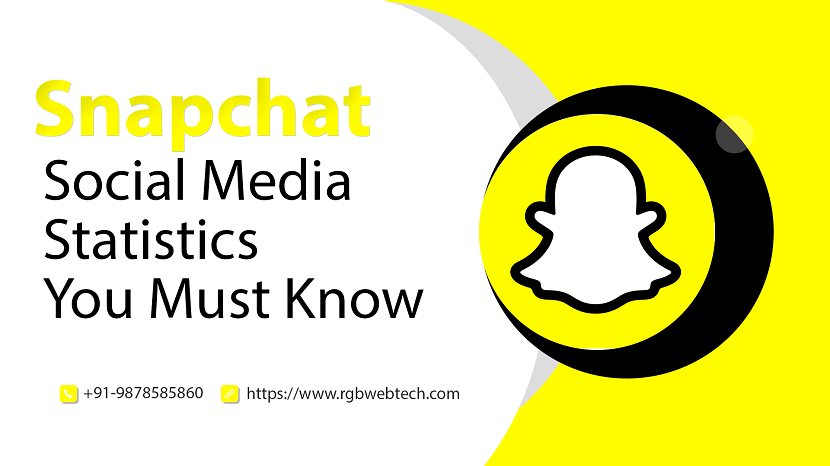
SnapChat Social Media Statistics
Around 54.4% of Snapchat users are female and 44.6% are male. India has the most Snapchat users (115.95 million), followed by the U.S (106.2 million.)
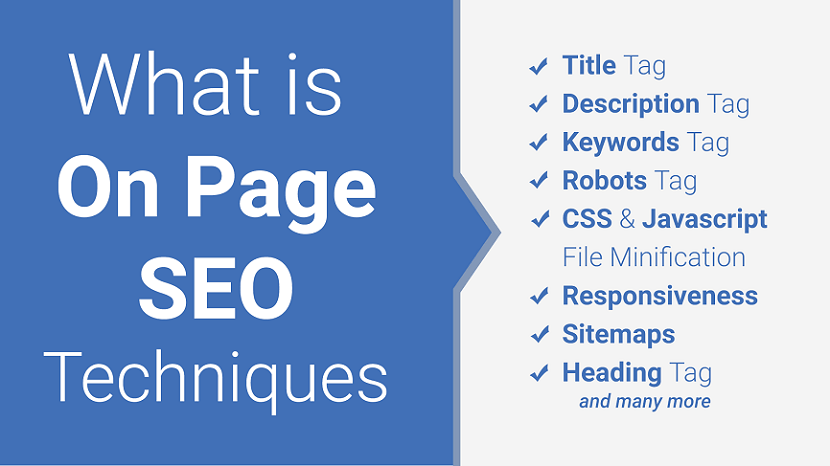
On Page SEO
Learn about the top On Page SEO Techniques that earn more relevant traffic and rank higher in search engines.
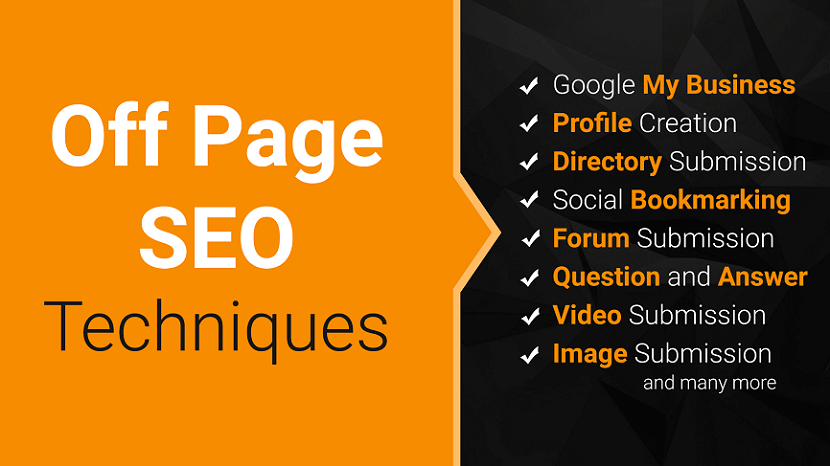
Off Page SEO
Learn about the best Off Page SEO Techniques that earn more relevant traffic to your website and rank higher in search engines.
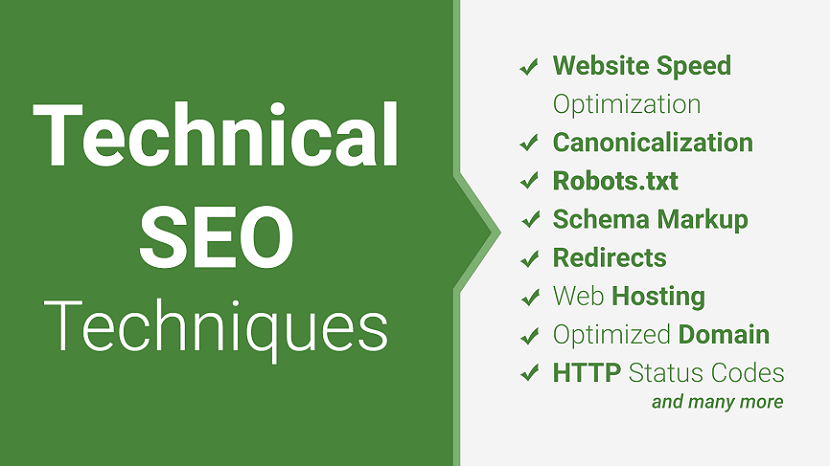
Technical SEO
Learn about the best Technical SEO Techniques that earn more relevant traffic to your website and rank higher in search engines.
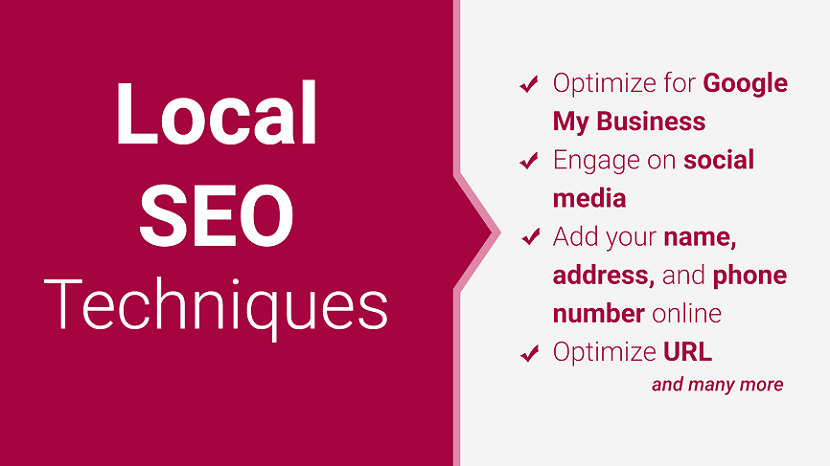
Local SEO
Learn about the Local SEO Techniques that earn more relevant traffic to your website and rank higher in search engines.
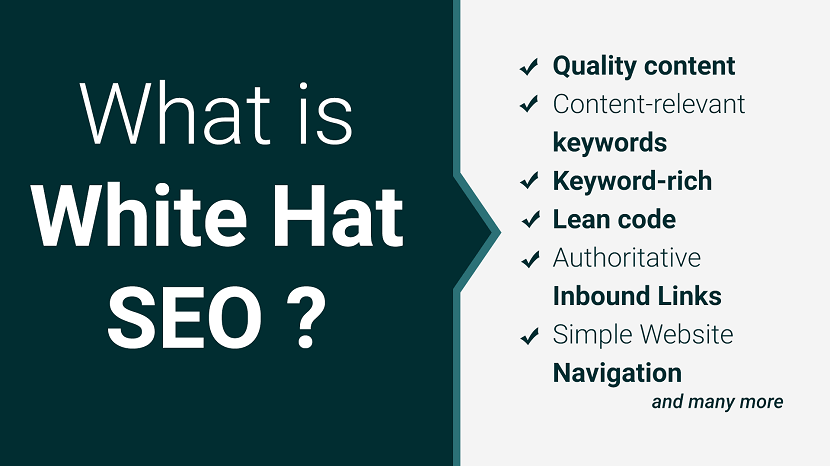
White Hat SEO
If you want your website to appear in the top results of search engines, you need to implement the best White Hat SEO techniques.

Black Hat SEO
This article will explain what black hat SEO techniques involve so you can make sure to avoid them when devising your organic search strategy.
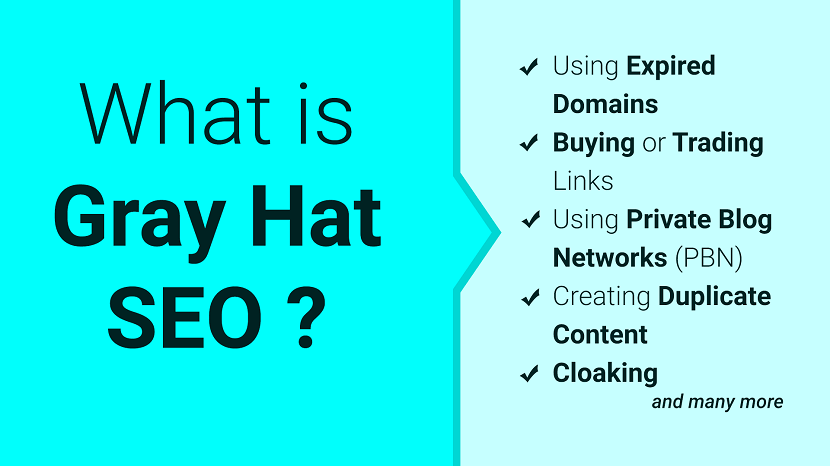
Gray Hat SEO
What is gray hat SEO?, and should your business be doing it? Get the facts on gray hat SEO here.
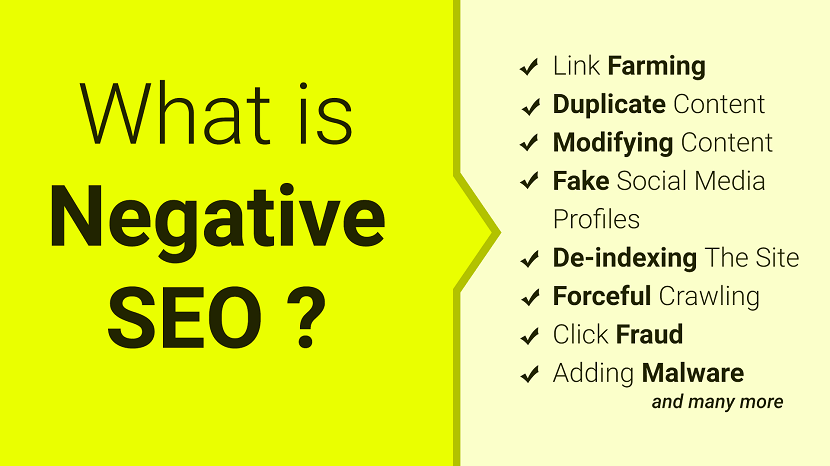
Negative SEO
Negative SEO is the act of using Black Hat SEO on other websites in order to get them penalized by Google. Learn more on how to defend against Negative SEO
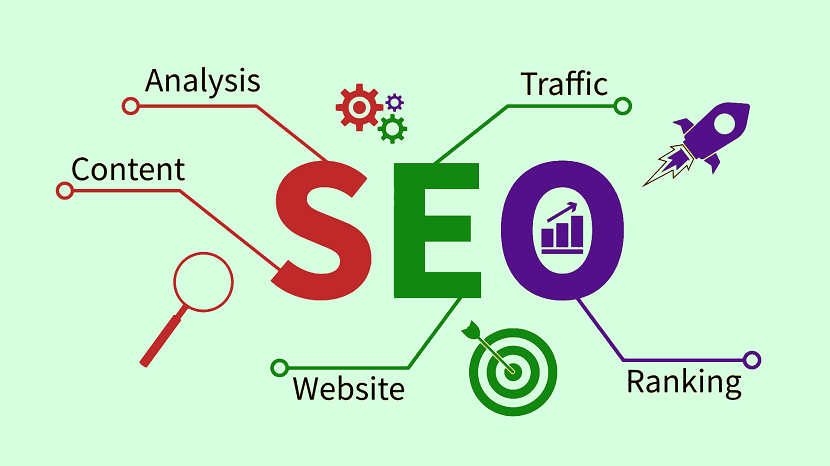
Search Engine Optimisation
Discover key SEO strategies to boost your website's visibility, enhance search rankings, and attract more organic traffic effectively.
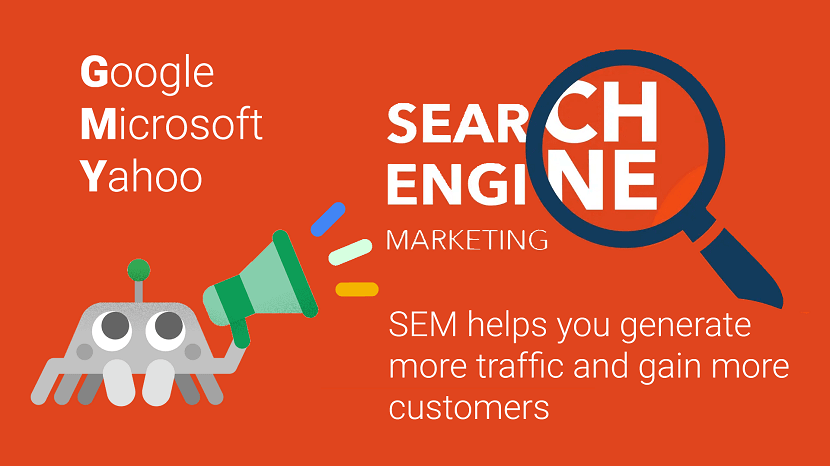
Search Engine Marketing
Search engine marketing (SEM) is a digital marketing strategy used to increase the visibility of a website in search engine results pages (SERPs).
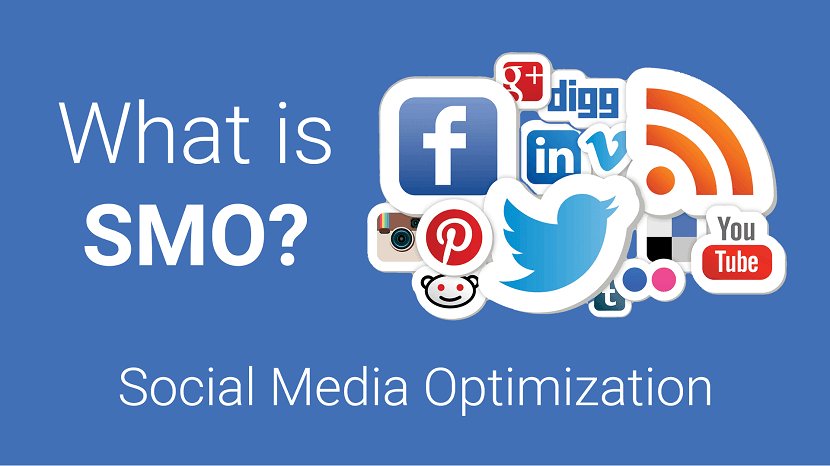
Social Media Optimization
Social media optimization (SMO) is the use of social media networks to manage and grow an organization’s message and online presence.

Social Media Marketing
Social media marketing is a powerful way to grow your business. Use these tips and steps to build your best social media marketing strategy.
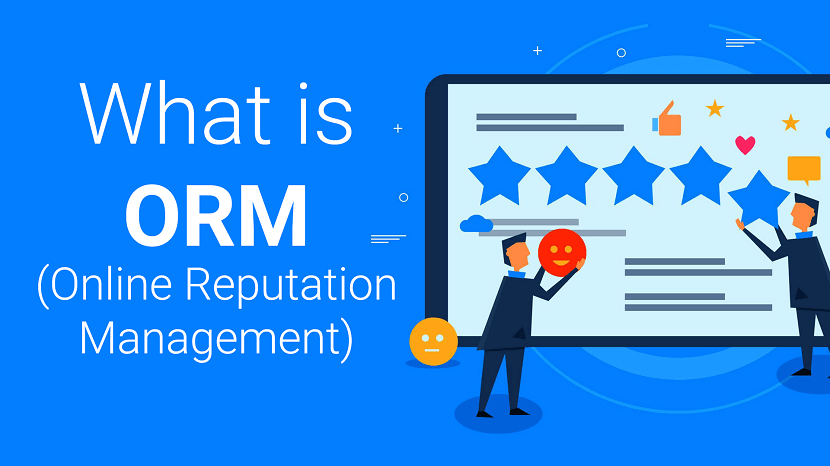
Reputation Management
Online reputation management is the effort to influence what and how people think of a brand or person on the web.
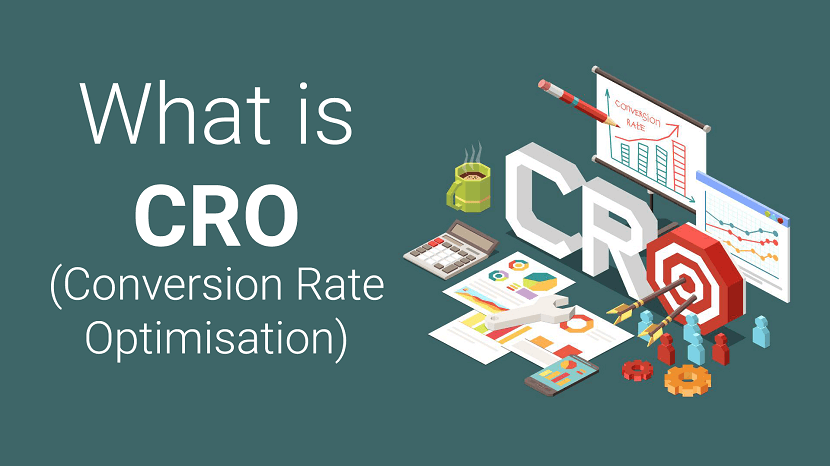
Conversion Rate Optimisation
Conversion rate optimization (CRO) helps you remove roadblocks to conversion on your website. Learn how to use CRO to get your customers to convert.

SEO Trends
Stay ahead of the digital game with the latest SEO trends for 2023! Boost rankings, drive traffic, and dominate search results.

SEO Marketing Business
Unlock growth potential! Explore SEO's vital role in business ops. Learn the synergy between search optimization and efficient operations
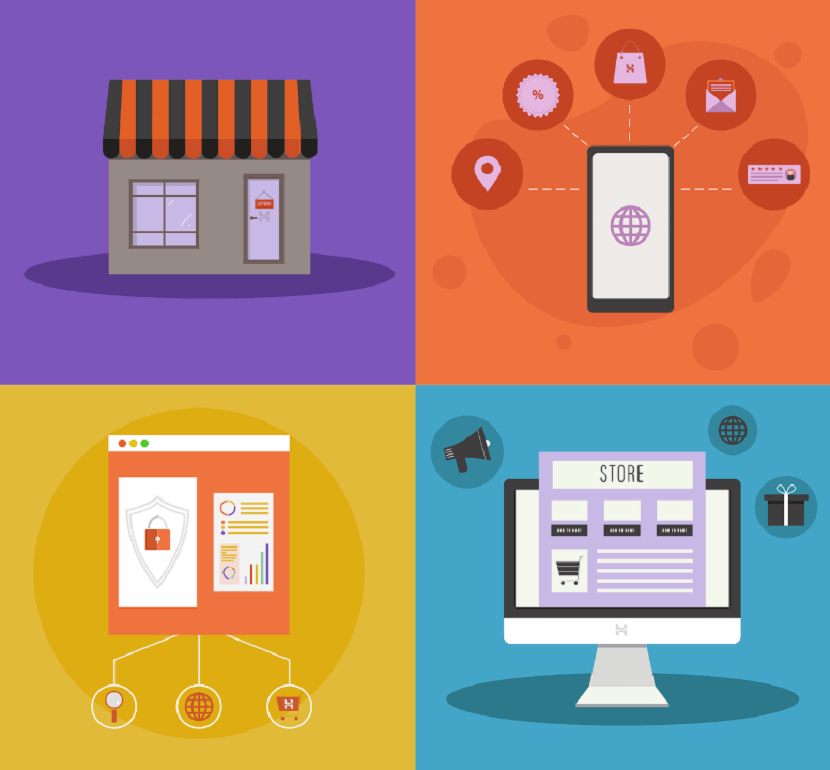
E-commerce SEO
Master E-commerce SEO in tough markets. Dominate your niche with proven strategies. Boost sales and outshine competitors.

SEO for Startups
Boost your startup's online presence with expert SEO strategies. Learn to rank higher and attract more customers in this comprehensive guide.

Without an SEO Checklist Your Google Ranking Will Fall
Boost your Google ranking with our SEO checklist! Don't let your website fall behind. Discover the key factors for online success now.

Marketing in the Digital Age
Unlock the power of digital innovations in marketing to drive exceptional results. Explore strategies reshaping the industry.

Image Optimisation for SEO
Maximize website visibility with effective image optimization! Enhance SEO by optimizing filenames, alt text, and image size for better rankings.
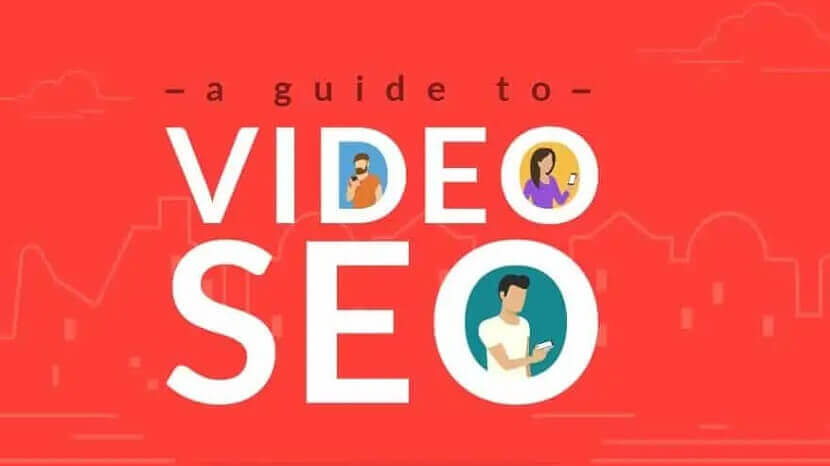
Optimize Video for SEO
Unlock the power of Video SEO to boost visibility and drive organic traffic. Optimize titles, descriptions, and engage viewers effectively!

Quality Writing in Digital Marketing
Transform your digital marketing with compelling content. Learn how quality writing drives conversions. A must-read for marketers!

Why Social Media Followers are Important
In today's world, social media followers signify influence, credibility, and reach, shaping perceptions and opportunities for individuals and businesses.

Leverage AI for Social Media Marketing
Unlock the power of AI for social media marketing with these 7 savvy strategies. Optimize, engage, and elevate your brand's online presence!

Trademark Monitoring is Key for Modern Brands
Discover why trademark monitoring is essential in today's digital world. Safeguard your brand's identity and reputation effectively.

SEO and SEM Approach to B2B Lead Generation
Explore an integrated SEO and SEM strategy for B2B lead generation, boosting visibility and conversions through synergistic digital tactics.

How to Increase Website Traffic
Discover effective strategies to boost your web traffic with our guide on increasing bulk traffic. Learn tips and techniques for success today!
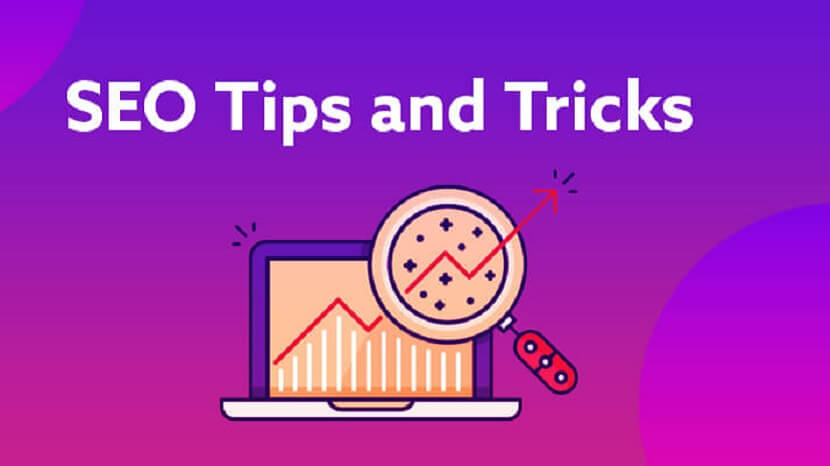
7 SEO Tips to Boost Your Website Search Engine Ranking
Boost your website's search engine ranking with these 7 essential SEO tips. Improve visibility, increase traffic, and achieve online success today!

Top 5 Most Powerful and Must-Have Email Marketing Tools
Discover the top 5 powerful email marketing tools that can elevate your campaigns. Must-have features for success in your marketing strategy!

Understanding the Role of Managed Network Services in Digital Marketing Strategy
Discover how managed network services enhance digital marketing strategies by optimizing performance, ensuring security, and driving growth.

How to Choose the Best Programmatic Ad Platforms for Your Strategy
Discover how to select the ideal programmatic ad platforms tailored to your marketing strategy, maximizing efficiency and ROI in your campaigns.

How to Evaluate the Success of your Guest Post Campaign
Learn how to measure the success of your guest post campaign with key metrics like traffic, engagement, backlinks, and conversions in our guide.

Top 5 Digital Marketing Trends for Retail Stores
Explore the top 5 digital marketing trends for retail: AI customization, social shopping, AR experiences, omnichannel strategies, & sustainable branding.

Effective Search Engine Marketing Tactics for B2B Software and Technology Advancements
Unlock growth with cutting-edge SEO strategies tailored for B2B tech firms. Elevate visibility and drive conversions with precise search engine marketing.

How To Write A Cold Email Techniques That Generate Leads
Properly executed, cold emails effectively build relationships and generate valuable leads. Start refining your cold email strategy today!

The Path to Mastery Developing Copywriting Skills for Beginners
Learn essential copywriting skills with our beginner-friendly guide,

The Consequences of Plagiarism on Your Guest Blogging Efforts
Discover the serious repercussions of plagiarism on your guest blogging efforts, from damaged reputation to lost opportunities and SEO penalties.

How White Hat Link Building Avoids Google Penalties
Discover how white hat link building strategies help your website avoid Google penalties by focusing on ethical practices and quality content.

Link Building Through Guest Blogging
Discover effective strategies for link building through guest blogging. Boost your site's SEO, drive traffic, and enhance online visibility today!
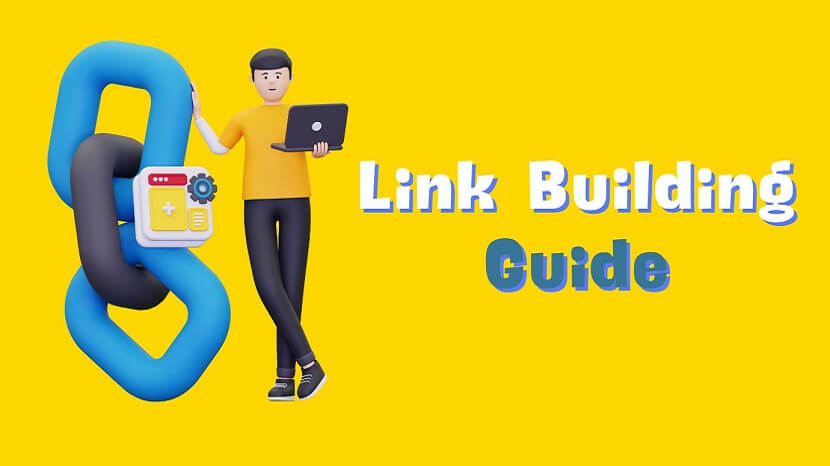
The Complete Link Building Guide: Proven Techniques to Enhance Your SEO
Boost your SEO with our Complete Link Building Guide! Learn proven techniques to acquire quality backlinks and improve search rankings.

How can marketing automation drive personalized communication through WhatsApp?
Unlock the power of personalized marketing on WhatsApp with automation and data integration to engage customers effectively and boost interactions.

How to Write Guest Posts That Get Accepted Every Time
Discover proven strategies for crafting guest posts that get accepted every time. Boost your outreach success with expert tips and tricks.

Tips on How to Successfully Promote Your Marketing Business
Unlock expert tips to effectively promote your marketing business. Boost your brand, enhance online presence, and drive client growth successfully!

Key Event Marketing Tips and Strategies for Success
Master key event marketing tips and strategies to boost visibility, drive attendance, and achieve event success. Expert insights await!

SEO Companies for Attorneys
The perfect SEO company for attorneys! Learn key signs to ensure you choose experts who can boost your legal practice's online success.

How Tailored SEO Solutions Can Revolutionize HVAC Industry Growth
How tailored SEO solutions can drive growth in the HVAC industry by boosting online visibility, leads, and customer engagement.

Social Media Marketing Events
Learn how to promote your event using social media! Boost engagement, drive registrations & maximize reach with expert strategies.

Free and Paid SEO Tools
The best free and paid SEO tools in 2025 to boost rankings, analyze performance, and optimize your website for success. Explore top picks now!

Video Trends for Your Brand Marketing
In 2025, there’s a new set of video trends that companies should know about for refining their brand marketing. Here are the video trends that will help your brand excel among your competitors.

The Shift Toward Quality: Why Ethical Link Building Wins
Discover why ethical link building outperforms shortcuts—boost SEO with quality, trust, and sustainable growth in digital marketing.

SEO and Duplicate Content
Struggling with the problem of duplicate content? Plagiarism can damage your ranking position. Read on to find out why duplicate content occurs and how you can fix it without...
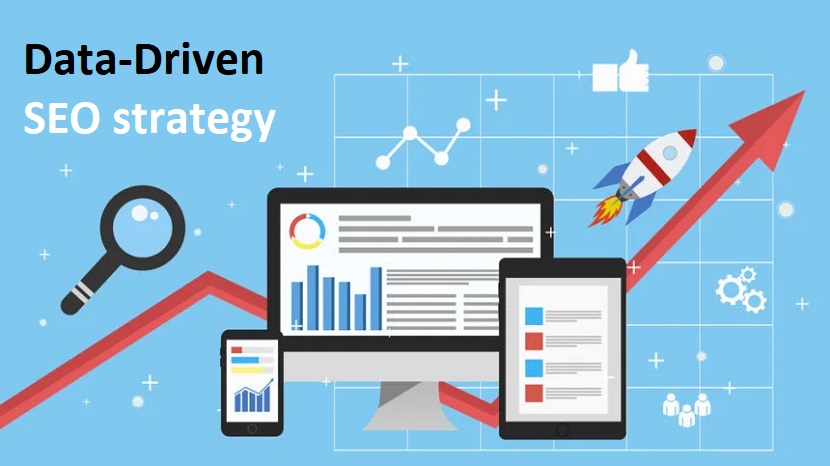
Data-Driven SEO strategy
How data-driven SEO strategies are revolutionizing digital marketing by boosting traffic, rankings, and user engagement in 2025 and beyond.
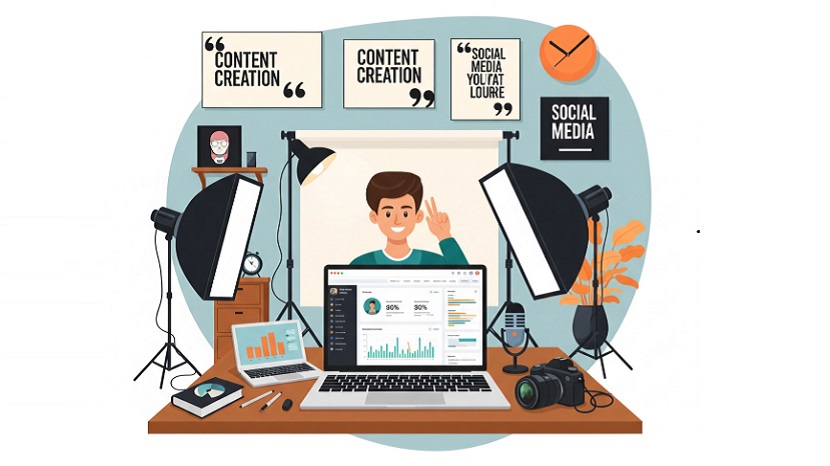
Skyrocket Your Social Media Presence
How to increase views can enhance your social media presence, boost engagement, and grow your audience. Learn effective strategies to maximize visibility.

Real-Time SEO Reporting
Advantages of real-time SEO reporting for your business. Learn how live insights, data tracking, and performance analysis can boost visibility, rankings, and ROI.

The Role of AI in Real Estate Digital Marketing
How Artificial Intelligence is transforming real estate digital marketing with smarter campaigns, predictive analytics, and higher-quality leads. Learn how AI-driven tools can boost conversions and revolutionize your property marketing strategy.

How Experiential Marketing Can Work Alongside Your Online Campaigns
How experiential marketing can work alongside your online campaigns to create deeper brand connections, enhance engagement, and drive measurable results both offline and online.
